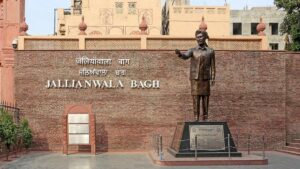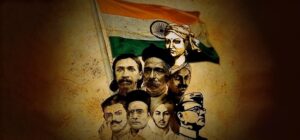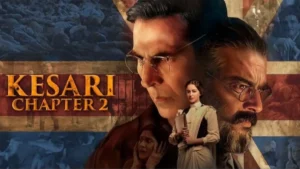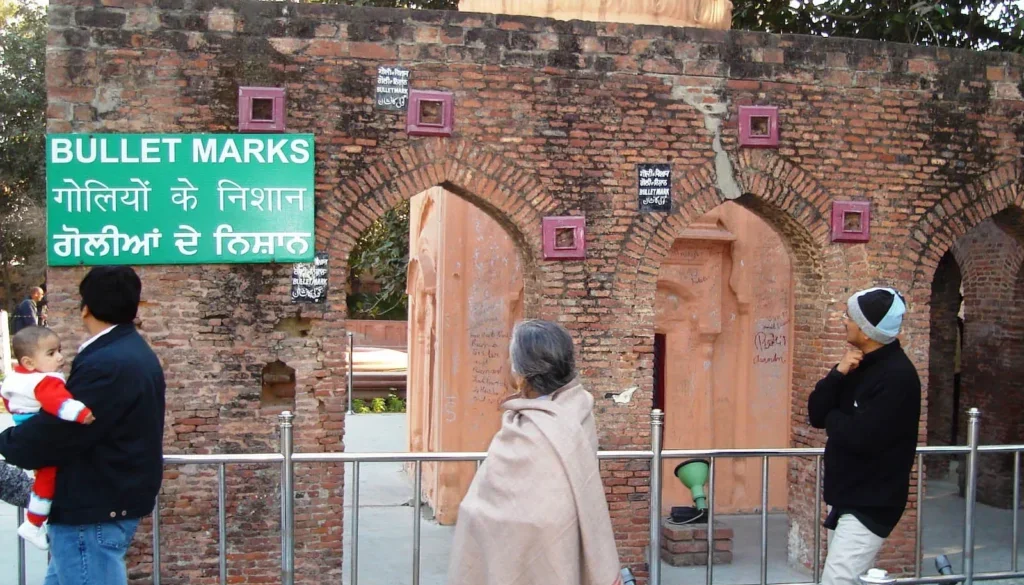A Tale of Unity and Justice.
Introduction
In the annals of India’s struggle for independence, certain stories stand out not just for their historical significance but for the profound unity they represent. Kesari Chapter 2 brings to life one such tale, where a man from Kerala, C. Sankaran Nair, stood up against the British Empire for an atrocity committed in Punjab, showcasing the indomitable spirit and unity of Indians across regions.
The Tragedy at Jallianwala Bagh
April 13, 1919, marked a dark day in Indian history. In Amritsar’s Jallianwala Bagh, thousands had gathered peacefully to protest against the oppressive Rowlatt Act. Without warning, British troops under General Dyer opened fire on the unarmed crowd, leading to the death of hundreds and injuring countless others. This brutal massacre sent shockwaves throughout the nation, igniting a collective outcry for justice.
A Southern Voice for Northern Grief
Thousands of kilometers away, in the southern state of Kerala, C. Sankaran Nair, a distinguished lawyer and member of the Viceroy’s Executive Council, was deeply moved by the events in Amritsar. Despite the geographical distance, Nair felt a profound connection to the victims, embodying the unity that transcended regional boundaries. Resigning from his prestigious position, he chose to challenge the British narrative, seeking justice for those who had suffered.
The Legal Battle That Shook the Empire
Nair’s quest for justice led him to the British courts, where he filed a defamation case against Michael O’Dwyer, the former Lieutenant Governor of Punjab, holding him responsible for the massacre. The trial, held in London, became one of the most significant legal battles of the time. Though the verdict favored O’Dwyer, Nair’s unwavering stand highlighted the courage of an Indian challenging the might of the British Empire on its own soil.
Kesari Chapter 2: Bringing History to the Silver Screen
Directed by Karan Singh Tyagi, Kesari Chapter 2 portrays this gripping narrative, with Akshay Kumar essaying the role of C. Sankaran Nair. The film delves deep into the events surrounding the Jallianwala Bagh massacre and Nair’s subsequent legal battle, shedding light on a lesser-known chapter of India’s freedom struggle. Through powerful performances and meticulous storytelling, the movie captures the essence of unity and resilience that defined the era.
Conclusion
Kesari Chapter 2 is more than just a historical drama; it’s a testament to the unity and determination of Indians who, despite regional differences, came together to challenge oppression. C. Sankaran Nair’s story serves as a poignant reminder of the power of individual courage and the collective spirit that fueled India’s journey to independence.
Narayanan Akkarachittur
www.motivedomain.com
FAQs
Q1: Who was C. Sankaran Nair?
A1: C. Sankaran Nair was a prominent Indian lawyer and nationalist from Kerala, known for his principled stand against British colonial injustices, notably after the Jallianwala Bagh massacre.
Q2: What is the significance of the Jallianwala Bagh massacre?
A2: The Jallianwala Bagh massacre was a pivotal event in India’s freedom struggle, where British troops killed hundreds of unarmed civilians, leading to widespread outrage and intensified calls for independence.
Q3: How does Kesari Chapter 2 depict this historical event?
A3: The film dramatizes the events leading up to and following the massacre, focusing on C. Sankaran Nair’s legal battle against the British, highlighting themes of justice and national unity.
Q4: Why is C. Sankaran Nair’s story important today?
A4: Nair’s unwavering commitment to justice, despite immense challenges, serves as an enduring inspiration, emphasizing the importance of standing up against injustice and the strength found in unity.



